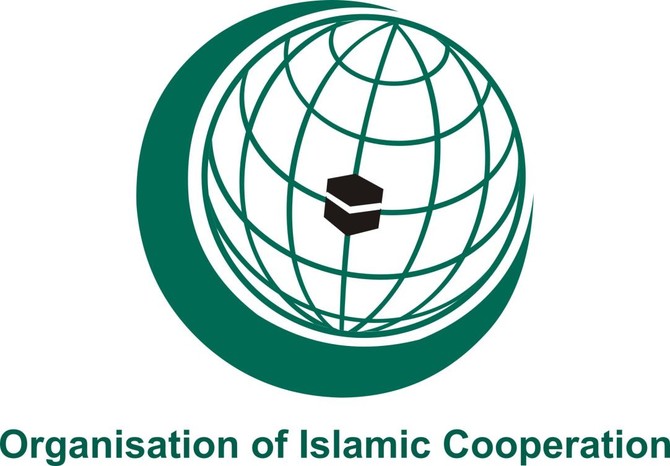OIC denounces Taliban actions, media stereotypes of Muslim women
The Organization of Islamic Cooperation (OIC) has reiterated that women’s rights are synonymous with Islamic rights, and called on the Taliban to live up to the promises they made to respect women’s rights and rescind their decision banning women from secondary and college education. Speaking at the UN headquarters in New York during a day-long […]

The Organization of Islamic Cooperation (OIC) has reiterated that women’s rights are synonymous with Islamic rights, and called on the Taliban to live up to the promises they made to respect women’s rights and rescind their decision banning women from secondary and college education.
Speaking at the UN headquarters in New York during a day-long “Women in Islam” conference marking International Women’s Day, officials and heads of international organisations also urged Western media outlets to address negative stereotypes in their coverage of Muslim women.
Lord Ahmad of Wimbledon, the UK minister of state for the Middle East, North Africa, South Asia and UN at the Foreign, Commonwealth and Development Office, and the prime minister’s special representative for preventing sexual violence in conflict, told the conference that “societies prosper, nations progress when women are at the heart of progress.”
He lamented the “untold challenges” women and girls face around the world and described the economic cost of their exclusion from political, economic, educational and social spaces as “stark.”
Chrisland school remains shut — LASG
Troops foiled terrorists, thugs’ plots to scuttle Feb 25 polls in Kogi, Borno — Military
Emirati minister of State Noaura Al-Kaabi said gender discrimination targeting Muslim women is exacerbated by distortion, misrepresentation and misperception of their religion.
Extremism and Islamophobia are two sides of the same coin, she added.
She condemned the Taliban’s violations of the rights of Afghan women and girls and urged UN member states to reject any efforts to legitimise the distortion of Islam that is used to justify systematic discrimination.
May Jasem Mohammed Al-Baghly, Kuwait’s minister of social affairs and community development and minister of state for women and children’s affairs, called for efforts to combat stereotypes associated with Muslim women.
Lolwah Al-Khader, the Qatari assistant foreign minister, said: “When we look at the world today, sadly, we notice the unchecked rise of Islamophobia as a phenomenon.
“The effects of such escalations are felt acutely by Muslim women, (who) are more vulnerable to discrimination and hate crimes and often face a double penalty for being women, Muslim — and even worse, if they belong to ethnic minorities.” (Arab News)
